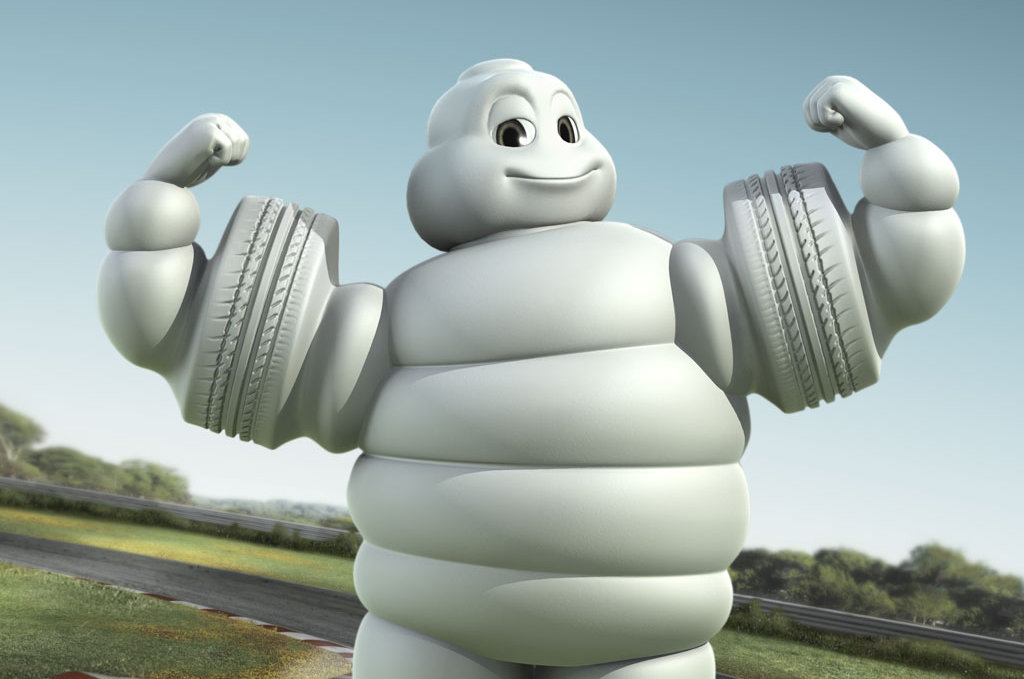...or how to use tires to reduce fuel consumption. The UN World Environment Day, to being held today in Mexico City, is the perfect opportunity for Michelin to show the world how it helped save 66.7 million liters of fuel in one and a half years, according to their own data. In addition, the use of a proper tire decreased CO2 emissions have been reduced by 134,000 tons.
According to Michelin data, tires, in addition to the engine, consume one out of five tanks of fuel for cars and one out of three for trucks (due to drag). To help lower those numbers, Michelin has developed the Michelin Energy Saver tire, launched in early 2008.
After being homologated for around 100 types of vehicles and after selling some 23 million units, these tires reduced fuel consumption by 1.3 million full tanks of fuel (fuel consumption reduction of around 0.2 liters per 100 km and CO2 emissions reduction of 4 grams per km). CO2 emissions have been reduced by 134,000 tons, the equivalent of the emissions produced by 73,000 cars.
As for trucks, the manufacturer's X Energy SaverGreen tire is said to help reduce fuel consumption by 500 liters of fuel per year (figures for loaded truck and trailer and average fuel consumption of 33l/100 km).
The data provided by Michelin is enough to get tree huggers worked up. All those millions of liters saved are enough to make them hope for a greener future. Still, keep in mind that the data submitted by the tire manufacturer is based on its own research and, to our knowledge, has not been confirmed by an independent study.
According to Michelin data, tires, in addition to the engine, consume one out of five tanks of fuel for cars and one out of three for trucks (due to drag). To help lower those numbers, Michelin has developed the Michelin Energy Saver tire, launched in early 2008.
After being homologated for around 100 types of vehicles and after selling some 23 million units, these tires reduced fuel consumption by 1.3 million full tanks of fuel (fuel consumption reduction of around 0.2 liters per 100 km and CO2 emissions reduction of 4 grams per km). CO2 emissions have been reduced by 134,000 tons, the equivalent of the emissions produced by 73,000 cars.
As for trucks, the manufacturer's X Energy SaverGreen tire is said to help reduce fuel consumption by 500 liters of fuel per year (figures for loaded truck and trailer and average fuel consumption of 33l/100 km).
The data provided by Michelin is enough to get tree huggers worked up. All those millions of liters saved are enough to make them hope for a greener future. Still, keep in mind that the data submitted by the tire manufacturer is based on its own research and, to our knowledge, has not been confirmed by an independent study.

